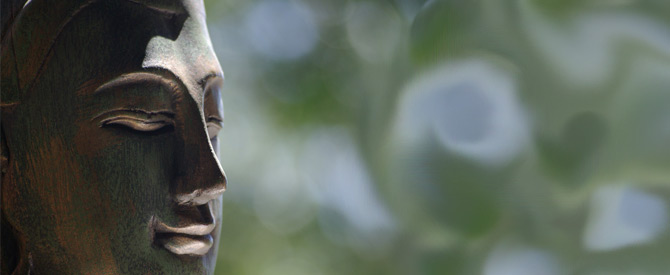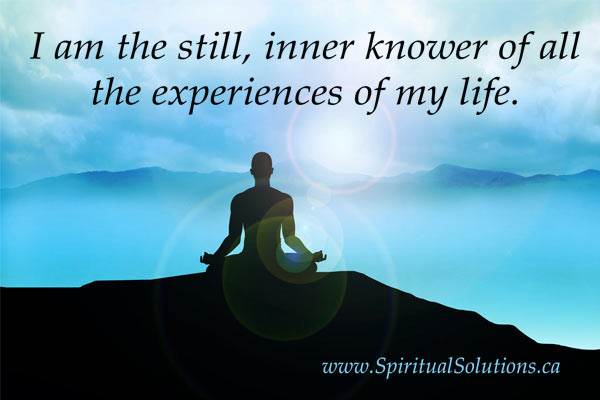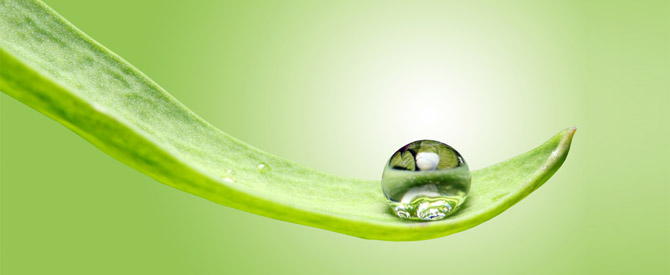Spirituality is self-mastery— not mastery over the world, but mastery within ourselves so that under all circumstances, we try to remain as equipoised and balanced as possible. —Swami Chinmayananda
Cultivating inner detachment helps us to gain equipoise and peace amidst the stress and strain, noise and demands of the busy outer world. What is detachment?
It is easier to understand detachment when we compare it to attachment. Attachment is identification with, desire for, and dependency on someone or something for our sense of well-being. We could also be attached to our personal likes and dislikes about how things or people should be.
Needless to say, attachment is a source of sorrow because we have no control over things and beings outside of us. What’s more, nothing stays the same, and nor is it permanent.
To be detached to is accept and enjoy what is, without judgement, identification, expectations and dependency. Thus, there is no sorrow when things don’t go our way, change or leave us.
Being The Still Inner Knower
A powerful way to cultivate detachment is to always remember that you are the still inner knower of all the experiences of your life.
A couple of weeks ago, I was going to attend a seminar in downtown Toronto. I decided to park my car at the subway station and take a train downtown. As I approached the station, I noticed that traffic was unusually heavy and I was surprised to see many buses and large groups of pedestrians on the road. It took me much longer to get to the station parking lot.
After finding a spot for my car, I hurried downstairs to catch the train. As a walked along, I was surprised to find the corridors strangely empty. I soon found out why. I met a Toronto Transit Commission employee told me that the station was closed and the trains were not running because of some electrical problems. He told me to go back up to ground level and wait at the bus stop for a free shuttle bus that would take me two stations south where the trains were running. Now I knew why there were so many pedestrians and traffic!
Not having much of a choice, I took the shuttle bus and arrived at the station to the south. There were literally hundreds of confused, anxious or angry commuters crisscrossing my path. Many had come to take the trains downtown while others were looking to see where they could get the shuttle bus to go north to the station where I had come from.
Realizing that I was already late and wouldn’t make it in time anyway, I let go of my anxiety and decided I would get there when I get there. There was no need to rush and worry—it wouldn’t get me there any faster.
As I made that decision, I consciously withdrew into myself and became an observer. I watched myself walking calmly amidst the confused crowds around. Nothing disturbed my inner peace—not the commuters who were rushing past me, nor the people who pushed and shoved to get into the overly-crowded train. It felt like I was in two worlds—an inner peaceful one and a chaotic outer one.
I must admit, I don’t, and can’t do this very often. But, it felt very empowering to be in that space. I arrived at the seminar 20 minutes late, but very peaceful and present in my body.
*How to Gain Detachment
Detachmentt can be cultivated through some core daily habits.
First and foremost, it’s important to slow down the pace of your life. Only then will you have the mental space to view your life and responses to it.
Daily introspection is an indispensable habit of a spiritual seeker. When we take the time to look within and assess our behavior and life, we will we be able to make changes.
During this quiet time, you could also read something inspiring and then try to relate it to your own life and experiences.
Meditation cultivates detachment. In meditation, focus on being the inner witness of the thoughts that come up. Acknowledge them and assert that they are rising in your consciousness.
Slowly and Steadily
The quiet time that you spend alone will gradually help you to depend less on outer things, people and circumstances and rely more on your still inner core for your sense of peace and well-being
Then, when things change or don’t go your way, and when people say or do things that could disturb you, you will remain quiet and peaceful within.
*To learn more about how to gain detachment, please click on the following links to read:
The most powerful Practice for Peace of mind and Spiritual Transformation
Creating Mental Space for Meditation
The Importance of Self-Reflection
How to get the most out of your Meditation Practice
Like this post? Sign up for the free fortnightly Spiritual Solutions Newsletter and receive the latest articles, news and updates in your email inbox!














